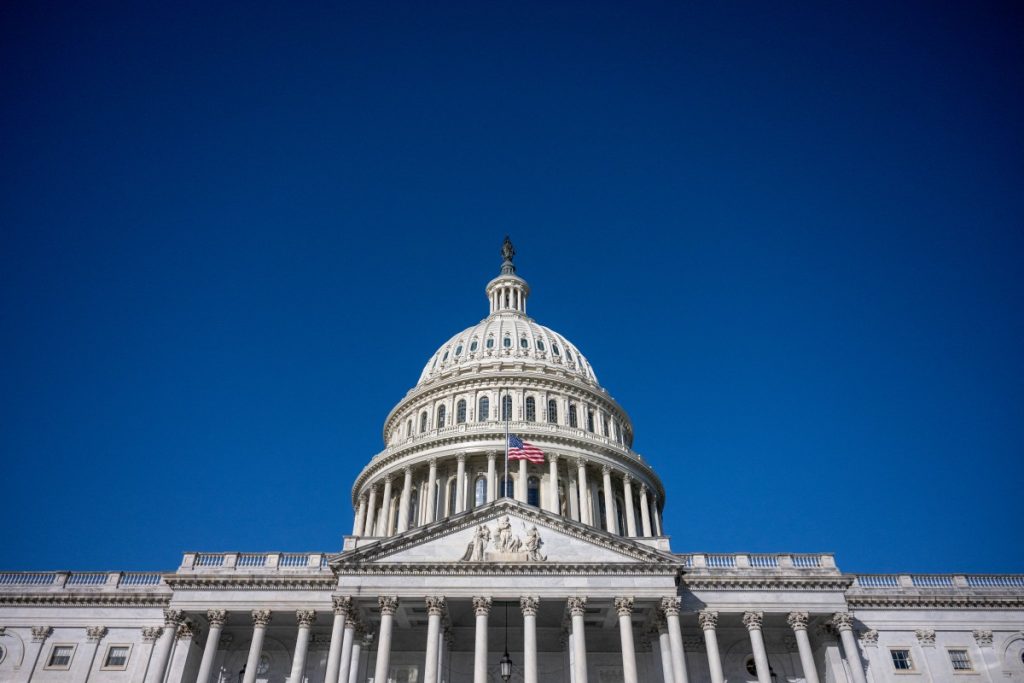
The United States House of Representatives has passed a stopgap funding bill to prevent a government shutdown, setting up a crucial showdown in the Senate ahead of Friday’s deadline.
The Republican-led chamber approved the measure on Tuesday, largely along party lines, to extend government funding through September 30. The bill allows President Donald Trump to push forward his agenda on tax cuts, mass deportations, and increased energy production during the summer.
With the measure now moving to the Senate, the bill faces significant opposition from Democrats, whose support is needed to secure passage before the shutdown deadline at midnight on Friday.
“Now it’s decision time for Senate Democrats: cast a vote to keep the government open or be responsible for shutting it down,” House Speaker Mike Johnson said.
The looming shutdown threat comes as financial markets react negatively to Trump’s economic policies, including new tariffs and federal spending cuts that have already triggered layoffs. Investors initially welcomed Trump’s presidency, but concerns over inflation and recession risks have led to a sustained stock market decline.
Senate Democrats oppose key provisions in the bill, particularly its proposed domestic spending cuts of approximately $13 billion while increasing defense funding by $6 billion. One of the most contentious provisions is a rule that would strip Congress of its power to block Trump’s emergency tariffs.
Critics argue that the bill is designed to benefit Trump and his allies, particularly billionaire entrepreneur Elon Musk, who has taken an active role in shaping federal budget cuts. The administration’s plans to downsize agencies such as the USAID and the Department of Education have sparked bipartisan concerns, with some Republicans facing backlash from their own constituents.
To pass in the Senate, the bill requires at least 60 votes, meaning Republican leaders must secure support from at least eight Democrats. While Democrats are under pressure to resist Trump’s policies, they also risk being blamed for a government shutdown if they block the measure.
With negotiations intensifying, the next few days will be critical in determining whether the US government remains open or plunges into another period of uncertainty.








